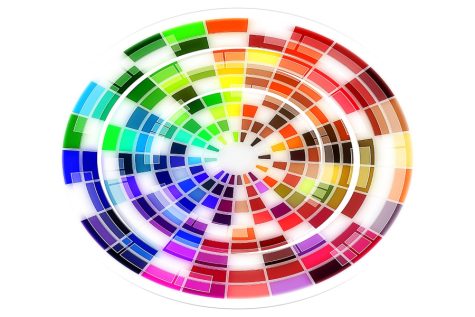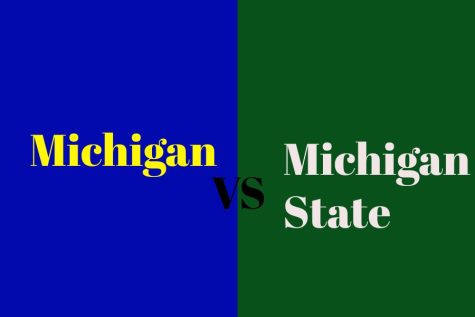Nose picking: It’s snot that bad
IMAGE / Mr. Darrick Puffer
Ryan Thomas
I was just 2 months old when I first picked my nose, or at least that’s what I think I remember.
I remember partaking in the activity all throughout my childhood. There was usually some “gunk” in my nose, and I had to clean it out. My finger was the most convenient instrument to use.
As I got older, I realized that my act of cleaning was seen as wrong. This saddened me greatly. My comforting habit was suddenly shameful.
Many “bad habits” have legitimate psychological and even medical reasons.
I do not agree with the labeling of nose picking as a bad habit.
When the person picking his or her nose becomes obsessive or compulsive, it is called rhinotillexomania.
I also do not agree with calling it rhinotillexomania, because rhinotillexomania is an absurdly long word to refer to picking your nose too often.
The act of picking one’s nose is usually used as a means of cleaning it.
After a certain amount of time, however, the habit becomes almost automatic.
In an anonymous survey performed by the Journal of Clinical Psychology, most people admit to nose picking. Those same people also believe that most people pick their noses.
Mucus is secreted in various places in the body, from the mouth and nose to within our lungs.
The mucus acts as a means of catching debris such as dust, preventing it from causing trouble within the organs.
Some studies have shown that mucophagy — the act of eating mucus directly from the nose — among infants is productive.
Yes, we needed more big words to talk about boogers. The concept seemed pretty straightforward to me.
While we are at it, the nose is called the cavum nasale, and a finger is actually a phalanx.
According to a theory known as the “hygiene hypothesis,” the lack of bacteria taken in by infants may result in weaker immune systems.
Hygiene hypothesis helps explain why children born in the United States are more likely to develop allergies and sicknesses than children born in other countries.
Those who buy into the hypothesis claim that ingestion of “dirty” substances, such as mucus and even dirt, is good for people at an early age.
Mucophagy inserts pathogens into our bodies for the immune system to identify. Once identified, the pathogens and bacteria can be more easily combated by our bodies.
Our bodies are constantly improving the immune system. Why would the bacteria found in mucus not improve our immune systems all throughout our lives?
Mucophagy is not only backed by medical reasons but psychological reasons as well.
The large majority of people pick their noses in a comforting way. The habit can become addicting without resorting to self-harm, as it has in a few instances.
So what’s the big deal with nose picking anyway?
Some cultures have deemed it as a dirty way of cleaning the waste product out of one’s nose.
The preferred method is using a facial tissue or handkerchief. But what if there are not any handy?
Our ancestors went eons without facial tissue to clean their noses. They just used their fingers like uncivilized people do.
Yes, nose picking does look rather gross.
This may just be because our society has deemed it that way. Learned prejudice against nose picking is the societal norm.
Nose picking is a common habit, found in many cultures. It appears to be a habit that is developed rather than learned.
Whether you believe in the hygiene hypothesis or hygiene etiquette, nose picking is an interesting topic. It is unlikely to go away, but it may.
Who ‘nose’?

Senior
Birthday: October 28, 1998
Extracurricular activities: Marching Band
Hobbies: Playing brass instruments, Fantasy sports
Plans after...












Chris Madison • Mar 10, 2015 at 8:29 pm
That is the best thing I ever read